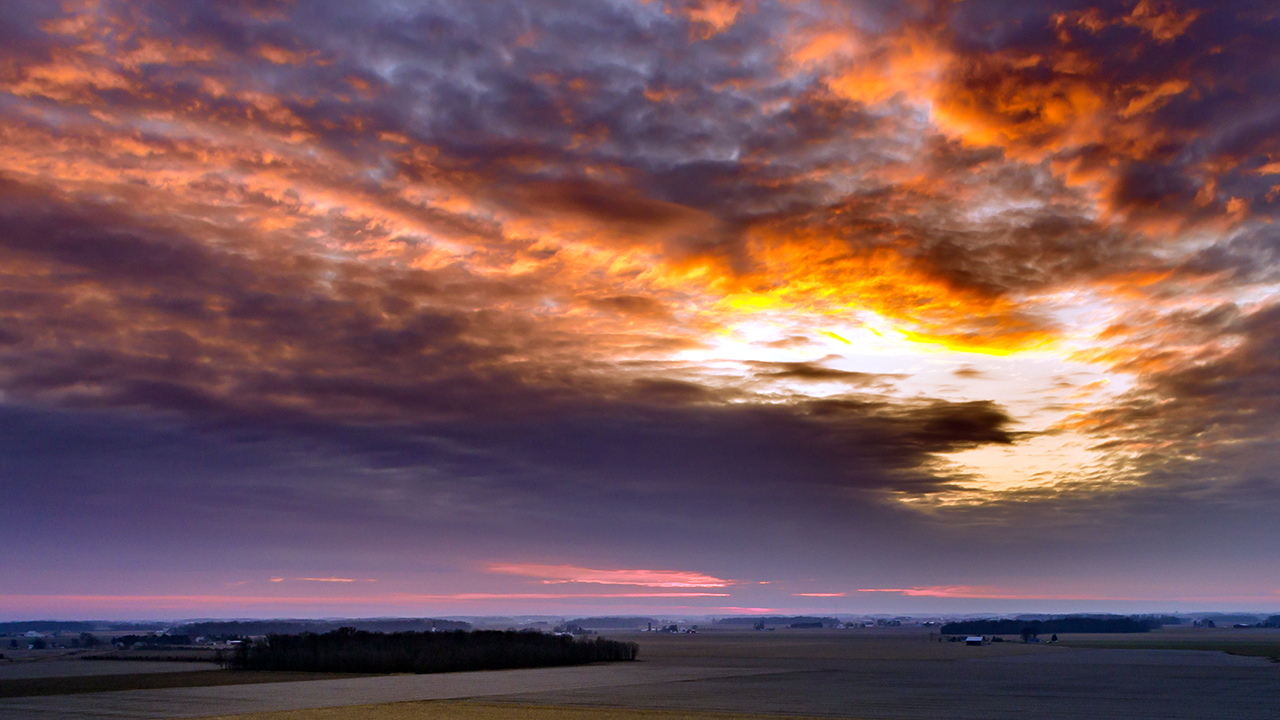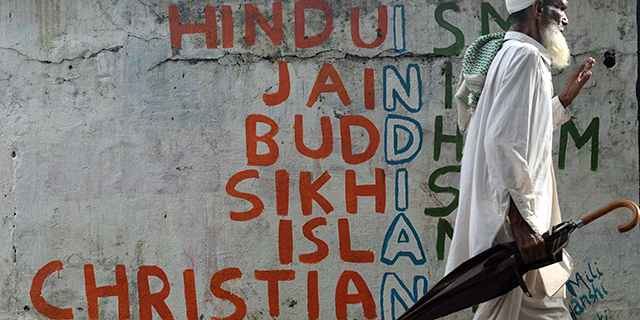
Controversies Over Mosques and Islamic Centers Across the U.S.
This interactive map provides a brief overview, based on news reports, of 35 proposed mosques and Islamic centers that have encountered community resistance in the last two years.
This interactive map provides a brief overview, based on news reports, of 35 proposed mosques and Islamic centers that have encountered community resistance in the last two years.
Among the world’s 25 most populous countries, Egypt, Indonesia, Russia, Burma (Myanmar), Iran, Vietnam, Pakistan, India, Bangladesh and Nigeria stand out as having the most restrictions on religion as of mid-2010 when government restrictions and social hostilities both are taken into account. Brazil, Japan, Italy, the United States and the Democratic Republic of the Congo […]
Between mid-2009 and mid-2010, religious restrictions rose not only in countries that began the year with high or very high restrictions, such as Indonesia and Nigeria, but also in many countries that began with low or moderate restrictions, such as Switzerland and the United States. The report looks at restrictions due to government actions as well as acts of violence and intimidation by private individuals, organizations and social groups.
Each of the Five Major Regions of the World Experiences Increase; U.S. Also Up Washington, D.C. Sept. 20, 2012— Even before the recent turmoil in the Middle East and North Africa – including attacks on U.S. embassies and the killing of an American ambassador – the region was experiencing increasing hostilities and tensions involving […]
While the image of the United States has improved throughout many parts of the world during Barack Obama's presidency, negative views of America remain stubbornly persistent in key Muslim countries. Much of this animosity is due to continuing concerns about U.S. power and widespread opposition to major elements of American foreign policy.
A new slideshow illustrates trends in support for the U.S. political parties among various religious groups since 2008.
A new slideshow highlights recent Pew Research Center data on voters’ views of the Mormon religion and Mormons’ opinions on their place in society.
Abortion has emerged as an issue in the 2012 presidential race, following Missouri GOP Senate candidate Todd Akin’s controversial comments about abortion and “legitimate rape.” In recent years, narrow majorities of the public have consistently said that abortion should be legal in all or most cases. The Democratic Party is widely favored over the GOP […]
A new Pew Forum survey of Muslims in 39 countries and territories around the world finds that fasting during Ramadan is widely observed, with a median of 93% of Muslims saying they abstain from food and drink during the day.
The world’s Muslims are united in their belief in God and the Prophet Muhammad and are bound together by such religious practices as fasting during Ramadan and almsgiving to assist the needy. But they have widely differing views about other aspects of their faith, including how important religion is to their lives, who counts as a Muslim and what practices are acceptable in Islam.
The Global Religious Futures (GRF) project is jointly funded by The Pew Charitable Trusts and The John Templeton Foundation. Here are some big-picture findings from the GRF, together with context from other Pew Research Center studies.
Indians see religious tolerance as a central part of who they are as a nation. Across the major religious groups, most people say it is very important to respect all religions to be “truly Indian.”
Today, most Black adults say they rely on prayer to help make major decisions, and view opposing racism as essential to their religious faith.
The Christian share of the U.S. population is declining, while the share of Americans who do not identify with any organized religion is growing. These changes affect all regions in the country and many demographic groups.






